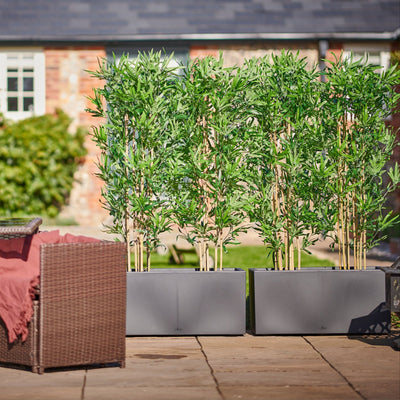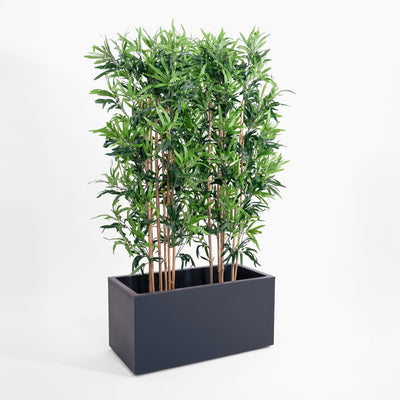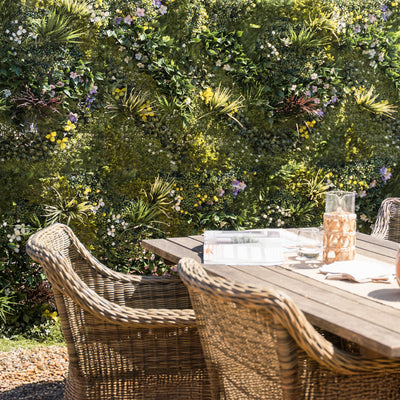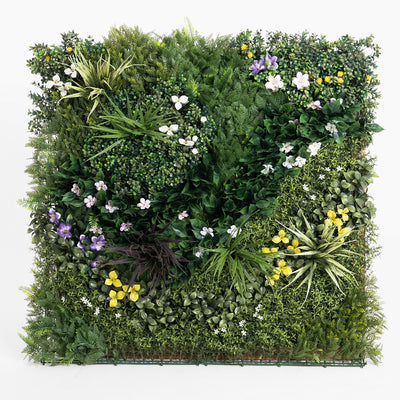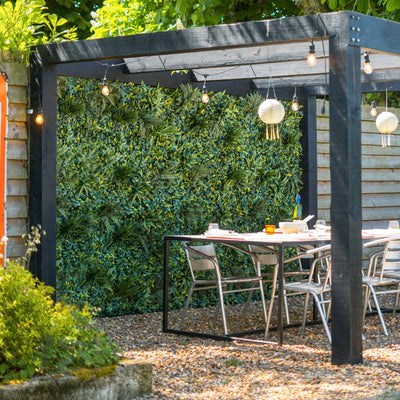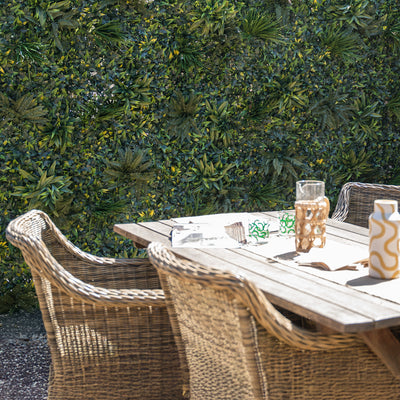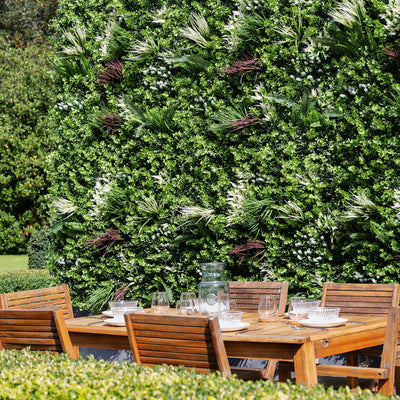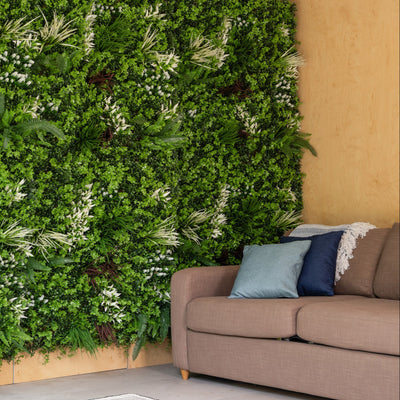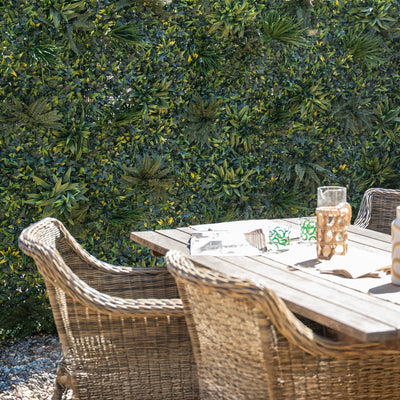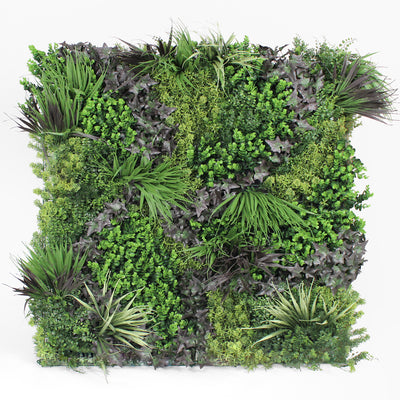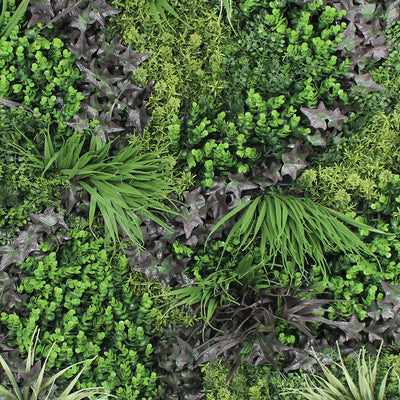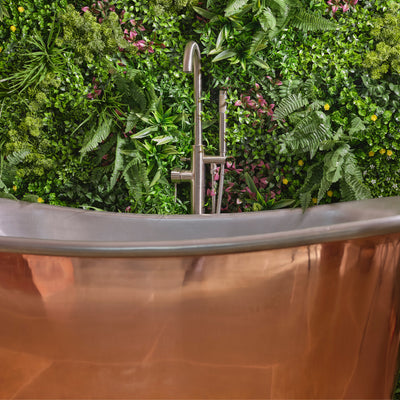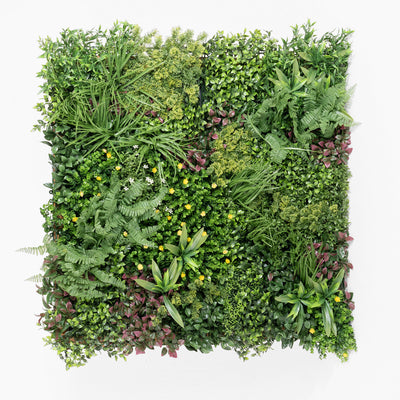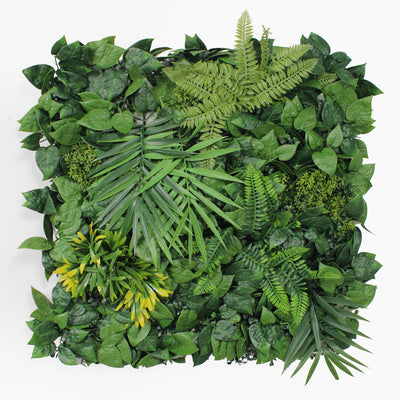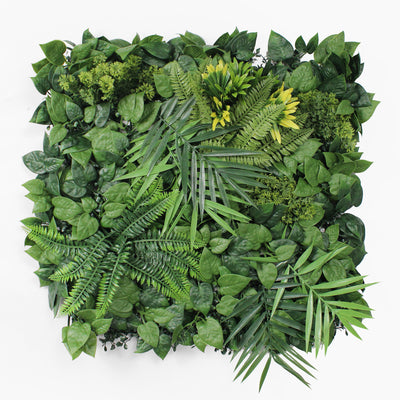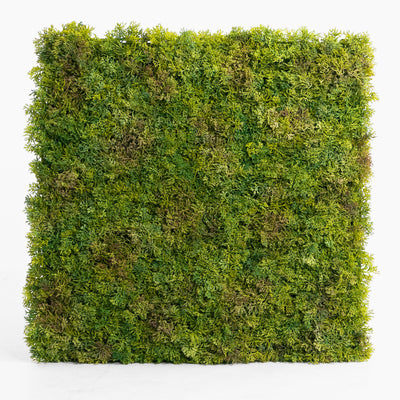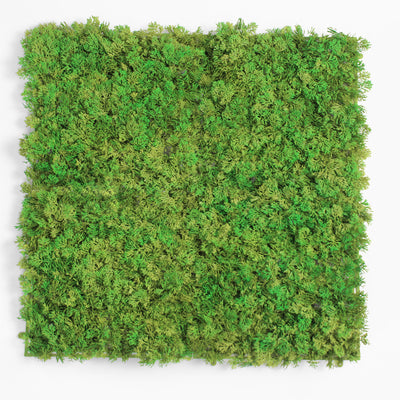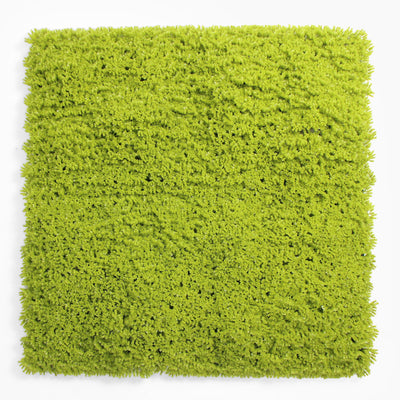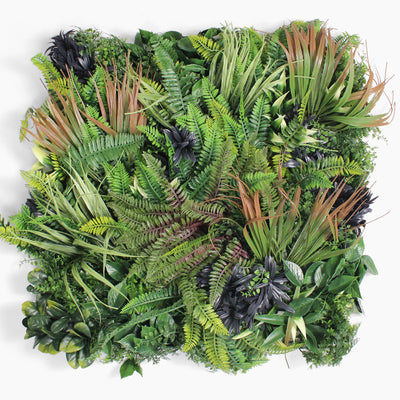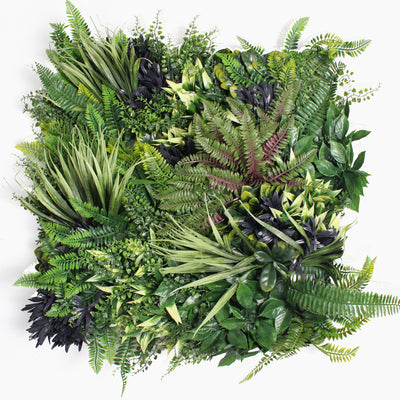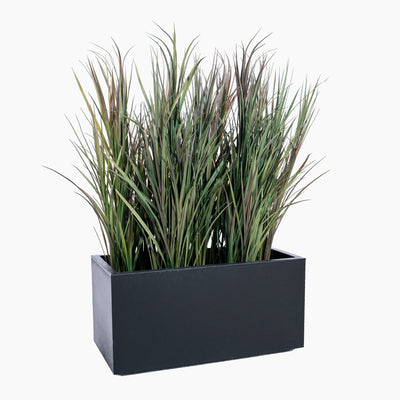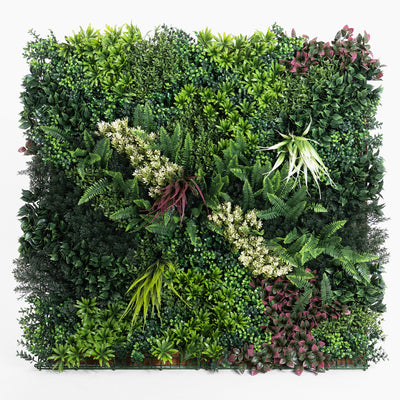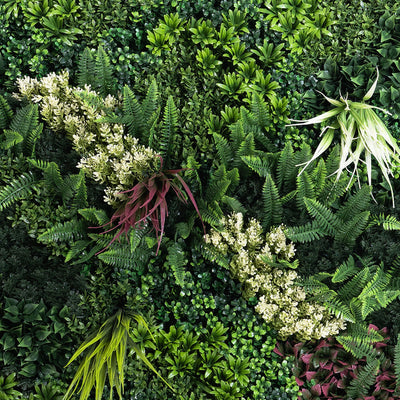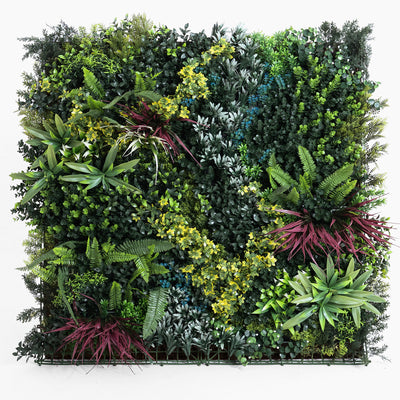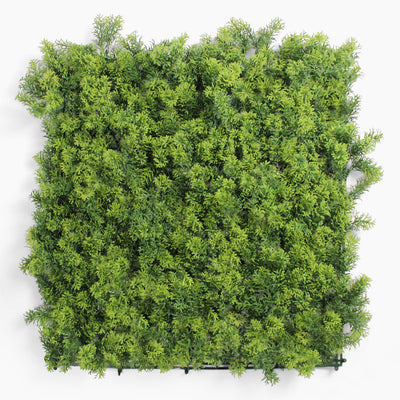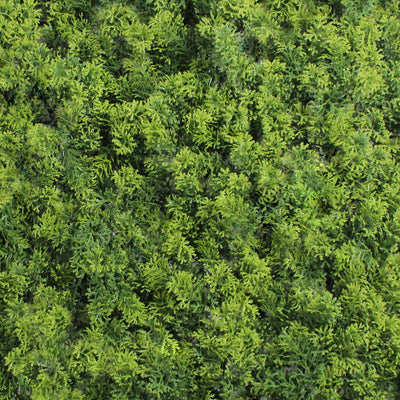
Create your very own green zen space, hanging plant utopia or exotic bathroom spa with our lifelike artificial plants. Have fun creating instant updates and placing greenery wherever you want it without any of the hassles of caring for real plants.

Create your very own green zen space, hanging plant utopia or exotic bathroom spa with our lifelike artificial plants. Have fun creating instant updates and placing greenery wherever you want it without any of the hassles of caring for real plants.
Earn points, unlock perks, and enjoy exclusive discounts with Petal Rewards
Bring breath-taking colour to your home or workspace, give a lasting gift or preserve your big day with artificial wedding flowers.
Whether you want to create a jungle outdoors or indoors, our wide range of artificial trees has been crafted to perfectly mimic nature – even up-close.
Want a beautiful outdoor space without the hassle of gardening? Create the look you want, instantly, with our stunning range of premium fauxs.
Earn points, unlock perks, and enjoy exclusive discounts with Petal Rewards
Screening doesn't have to be dull. Shop our range of artificial plant screening options to beautify your fencing, add privacy to intimate areas of your garden or mask unsightly spots.
Earn points, unlock perks, and enjoy exclusive discounts with Petal Rewards
Finishing touches like pots and planters will make a huge difference to your artificial plants, trees, and flowers. A pot will help the plant blend (or stand out) into it's new home and it'll improve stability too.
Explore our curated range of artificial plant gifts for every occasion.
What could be better than unpacking your stunning new artificial plant, positioning it in pride of place and it looking absolutely perfect? Knowing you got yourself a bargain! Check out our special offers including our famous weekly wonders.
Earn points, unlock perks, and enjoy exclusive discounts with Petal Rewards
Bring every corner to life without the upkeep. Explore our space collections to find the perfect faux for your room.
Earn points, unlock perks, and enjoy exclusive discounts with Petal Rewards
We’re passionate about what we do and are committed to maintaining our position as the UK’s go to retailer of artificial plants, trees and flowers.
Got a question? Visit our FAQs for guides, delivery info, and other useful information.
Screening doesn't have to be dull. Shop our range of artificial plant screening options to beautify your fencing, add privacy to intimate areas of your garden or mask unsightly spots. Plus, being faux you can forget about watering and maintenance!



Find the perfect faux for your space with our collections of plants for kitchens, bathrooms, bedrooms and more.
Refreshing your home or garden has never been easier. Get an instant, fresh look by hiding unsightly spots with our long-lasting and fade resistant faux plant screening.
Not only is our artificial green easy to install, but it also doesn't need a complex irrigation system like its natural version. So with no need for ongoing maintenance - what’s not to like?
Customer favourites include our elegant wonderland living wall and wild flower green wall mats.
Alongside green wall mats, we also have screening plant bundles including our stylish phormium grass bundle and Asian wonder bamboo screening. These screening bundles are excellent for framing outdoor seating, hot tubs or patios with quick and easy colour.
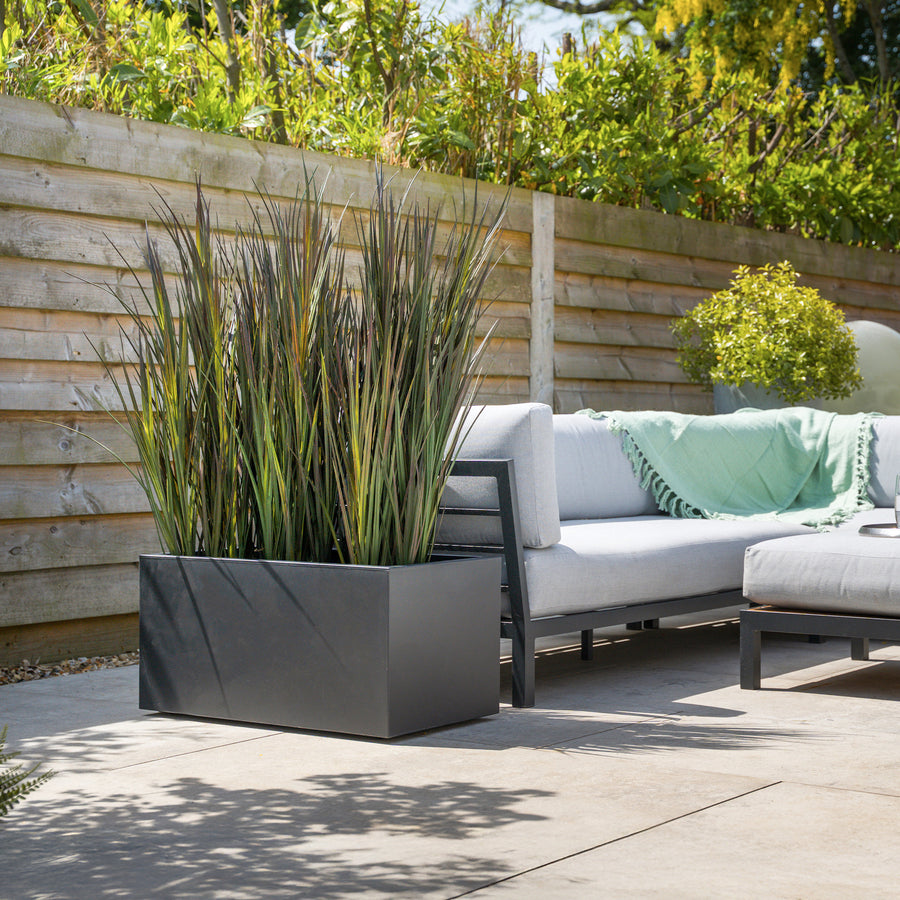

The lifespan of artificial plants varies based on a wide range of factors. However artificial privacy screens like our expanding faux hedge screens and green wall are the hardiest of all. Loaded with UV stabilisers, these garden screen solutions will last for years, making them excellent value for money.
Fences are dull, brick walls expensive, and hedges take time to grow and time to maintain.
Artificial screening options range from faux hedge and bamboo screening, to tropical style plant walls and expanding leaf trellises, but they all have a few things in common. All offer instant solutions to mask a damaged wall, divide a garden or add privacy to your space without any ongoing maintenance.
We offer three types of artificial screening options and we’re going to quickly cover when to use them:
Artificial hedges fences are idea for boundaries. These free-standing faux hedges come in three foliage types in a range of heights. Use them to define a space like your front garden or perhaps the outdoor seating area of your restaurant.
Green living wall is great for covering walls or fences, but unlike the expanding options are easy to install. Choose from ivy screens at the lower end to full on luxury with our wonderland living wall mats.
Screening planters are perfect for boundaries or creating soft dividers in open plan spaces. Our planter bundles use a trough on wheels and a discounted selection of plants. See our oriental bamboo screening planter or our elegant phormium grass planter.
Standard delivery is £4 on orders under £30, £6 on orders between £30 - £80 and free when you spend over £80, and takes 2 to 4 working days. Some locations may cost a little extra or take longer.
We'll keep you updated every step of the way, so you’ll always know when your gorgeous faux greenery is arriving.
For more information visit our delivery page.
Changed your mind or it’s not quite right? No worries. You’ve got 30 days to return your item for a full refund. Simply cover the cost of sending it back, or make life even easier by choosing checkout+ at checkout. For a fixed upfront fee of £3.70, you’ll secure a hassle-free free return.
If something arrives damaged (highly unlikely, but just in case), our friendly customer service team is here to help. For all the details or to start a return, visit our returns page.
Key details:
Looking for greenery that stays flawless without the fuss? You’ve found the UK’s home for premium, lifelike faux plants that elevate any space with zero maintenance. We’re obsessively picky about texture, colour, and durability, sourcing only the best from trusted factories worldwide. Our passionate team loves sharing honest advice so you can choose with confidence. Gorgeous greenery, no watering, no wilting, just all-year-round perfection. We’re faux real. 🌿
Learn more about us.
Be the first to hear about our offers and new arrivals, plus get a 10% off welcome bonus and exclusive subscriber-only deals straight to your inbox.
